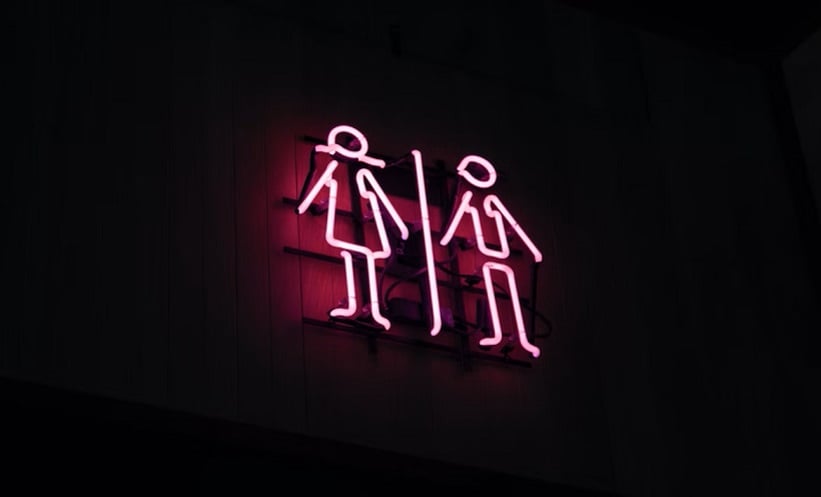SUDDEN urges to use the bathroom are common in postmenopausal women, who have been found more likely to experience overactive bladder syndrome (OAB). Obesity and multiple births also put women at greater risk of stress urinary incontinence (SUI). Extensive literature on this topic has shown that these urinary issues significantly impair quality of life in women. This current research aimed to investigate the prevalence and factors associated with urinary symptoms, bringing forward more evidence as the largest known study in this field, including data from over 12,000 women.
Of the two types of urinary incontinence, women are more likely to be diagnosed with SUI, the other being urinary urge incontinence and the involuntary loss of urine associated with the urge to urinate. OAB syndrome is characterised by urinary urgency and is usually accompanied by increased daytime frequency and nocturia, with urinary incontinence. SUI arises because of effort or physical exertion, such as sporting activities, sneezing, and coughing. In this investigation, symptoms like this increased as a result of high BMI and with the number of times women had given birth. Results showed a significant association of OAB in women aged 45–54 years with postmenopausal status, but also that SUI symptoms may become less frequent after menopause. Smoking status, history of diabetes, hysterectomy, and the use of hormone therapy were also studied.
The researchers acknowledged where their work requires expansion and called for further investigation in this specialty, suggesting that future studies should consider the association between time since menopause and OAB symptom onset in the postmenopausal period. In the USA, the prevalence of urinary incontinence is 17.1% in women aged 20 years or older, and 38% in those aged 60 years and over. Stephanie Faubion, of the North American Menopause Society, highlighted this and compared it with Japanese populations: “This study underscores how common urinary incontinence is in women, with nearly one in five Japanese women reporting urinary incontinence related to OAB or SUI.” She went on to stress the importance of this topic: “Given the significant negative effect on quality of life and the presence of effective strategies for management of these burdensome symptoms, clinicians should routinely ask women about urinary incontinence.”








